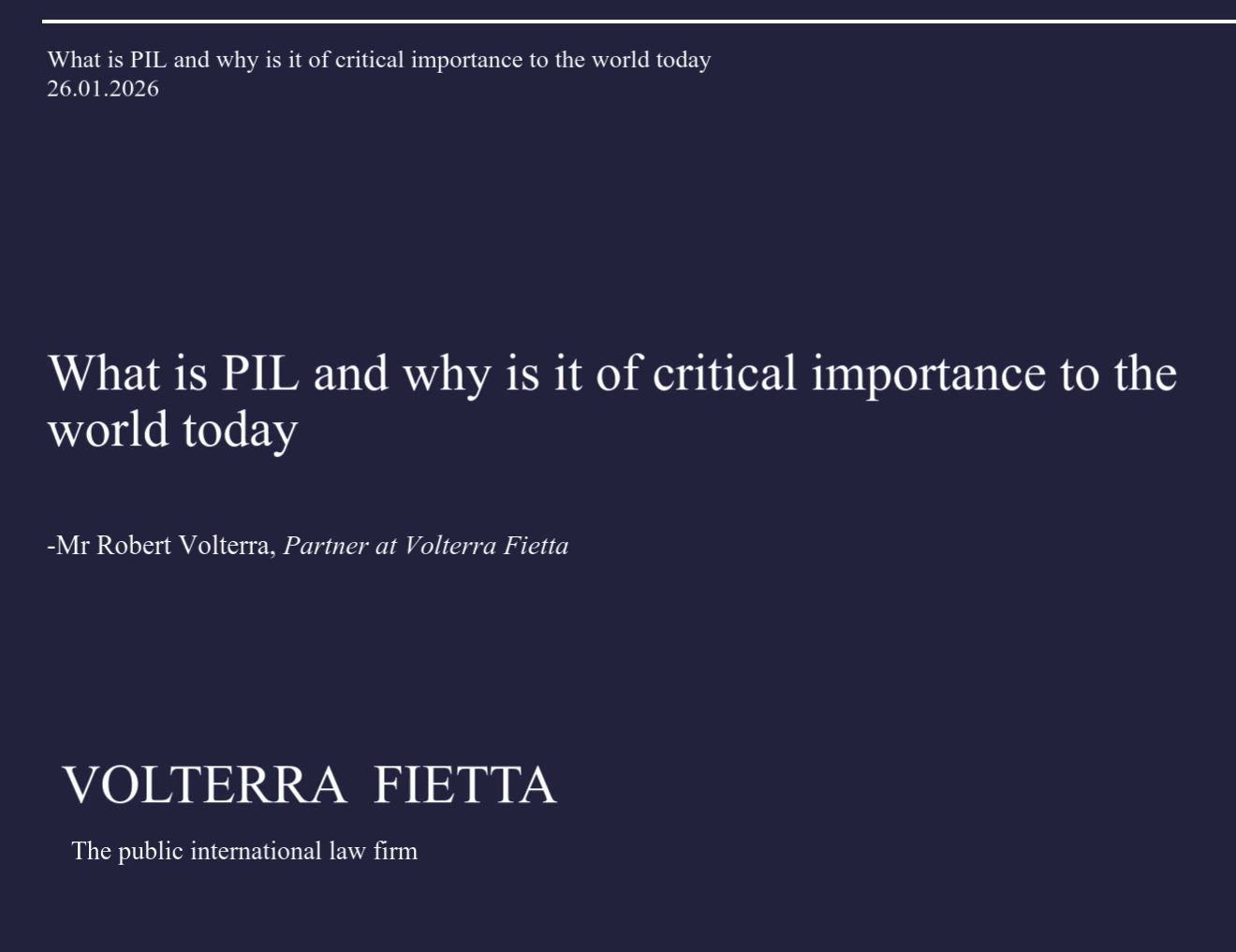In the brief 60 years of space flight, humanity has sent over 60,000 space objects and 1 million pieces of smaller debris into orbit around the planet. This has created the risk of a legal and physical log-jam in space. The congestion and space-junk problems are projected to become even more acute as the space race broadens its participants.
Unlike the first space race from the mid-20th Century, which aimed at meteorological knowledge, communications facilitation and military domination, the current space race is marked by private businesses rushing to send their satellites and rockets into space and an expanded number of States participating. This situation has the potential to be catastrophic when space machines stop working or collide. For example, according to the European Space Agency, there are more than 2,700 non-functioning satellites. Coupled with other human-made space objects orbiting at high speed, the space debris may pose further danger to the satellites that work by colliding and damaging them. States and companies are now working together to minimise risks of collision and widespread debris, which the European Space Agency has identified as a key problem.
In Europe, there are 11 countries with national space laws, including Belgium, France, Germany, Russia and Ukraine. However, the European Commission – ever seeking to expand its powers – is attempting to provide a common EU intergovernmental legal framework. The 2021 EU Space Programme is the largest exemplification of an integrated multi-State space program. It encompasses Copernicus (a programme that observes the Earth’s environment), EGNOS (which “augment[s] the signals of Global Navigation Satellite Systems (GNSS) so that they can be used for Safety-of-Life”), Galileo (a civilian satellite navigation system), Secure SATCOM and SSA (Space Situation Awareness), which monitors space objects. Together, these systems seek to “address societal challenges such as climate change and technological innovation, support the EU internal market – and more.”
In 2023 Ursula von der Leyen, president of the European Commission, proposed enacting European space laws as a key initiative for 2024. The initiative targeted to start during the first quarter of 2024. Currently, the proposed European Space Law aims to regulate three pillars: safety of navigation in space, cybersecurity of infrastructure involved in space and sustainability of space activities. The minimum requirements for space systems are expected to be implemented regarding space navigation and anti-collision. The EU is additionally searching for ways to measure space companies’ environmental footprint as part of sustainability initiative in the proposed law, which “could include standards to curb light pollution and a label for companies.”
Comment
The Commission is characterising the draft European Space Law as being intended to be part of the EU’s single unified market. It is clearly also designed to create new opportunities for EU companies by diversifying players in the satellite market and contributing to the competitiveness of the EU industry. Despite this, the European Space Law has been, on the bases that the European Commission lacks constitutional competence for space issues, that it lacks legal certainty in its contents and that it is not timely. It appears that they might be yet another example of the European Commission pursuing international policy objectives against the interests and activities of its Member States, in order to expand its powers. It is notable that quite a few EU Member States have already or are now adopting their own space laws and entering into international agreements; the intra-EU European Space Law would appear to run at cross-purposes and has thus been criticised as counterproductive. Despite such criticism, the European Commission is expected to proceed with its European Space Law. If this happens, expect yet another constitutional confrontation between the European Commission and EU Member States, similar to that which the world has been witnessing over the past decade related to Investment Treaties. The European Commission hopes that its European Space Law will “accelerate the pathway to building a European resilient space infrastructure” and make “space systems and services more resilient, respond to any hostile activities or threats and further develop space-enabled services for security and defence.” Time will tell.
For further information, please contact info@volterrafietta.com.



